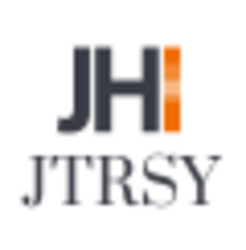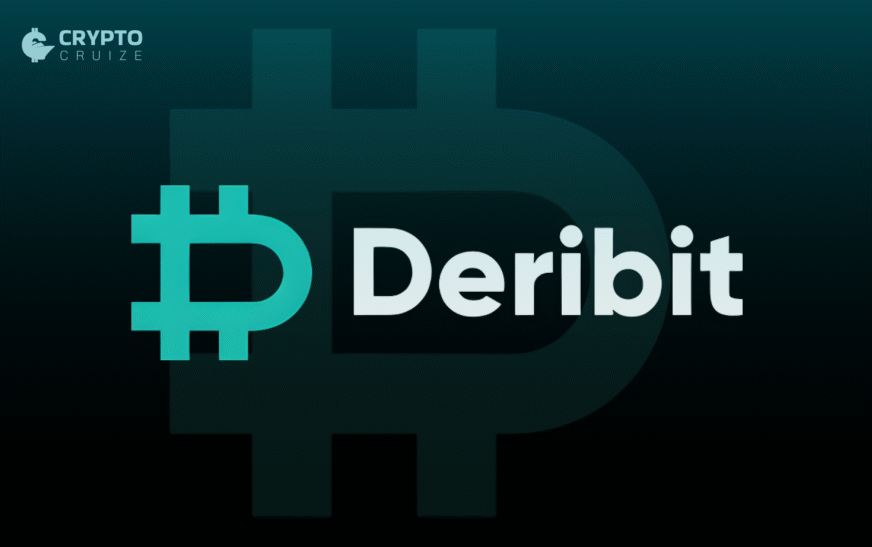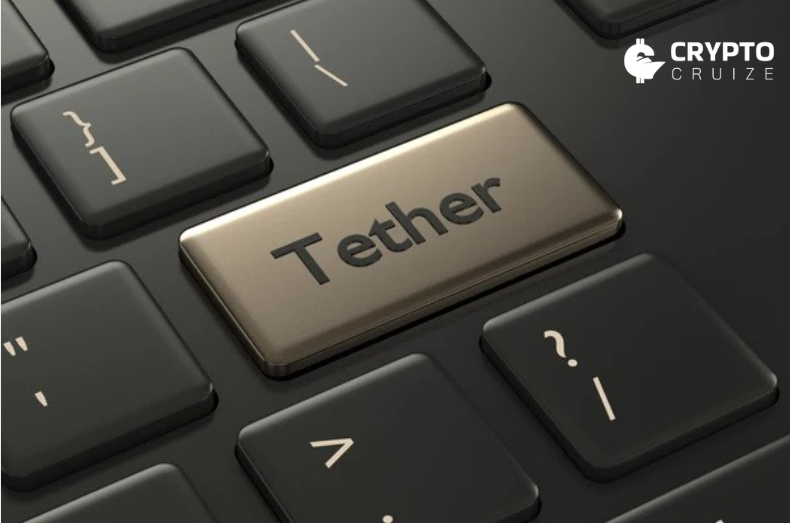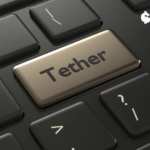Crypto derivatives exchange Deribit has seen explosive growth in its Request-for-Quote (RFQ) tool, with institutional participation surging and trading volumes topping $23 billion in under four months.
RFQ Tool Facilitates $23 Billion in Trades
Since launching in March 2025, Deribit’s Block Request-for-Quote (RFQ) interface has registered over $23 billion in cumulative trading volume. The tool has quickly become a preferred method for executing large transactions, especially among institutional traders looking for efficient execution with minimal market disruption.
The RFQ platform, designed for over-the-counter (OTC) style block trading, allows high-volume participants, typically institutions, to request bespoke pricing for single-instrument trades or complex multi-legged strategies involving spot, futures, and options.
Luuk Strijers, CEO of Deribit, highlighted the tool’s growing popularity, stating, “The RFQ system allows for multi-leg trades, multiple maker quotes, and greater price efficiency, improving execution for large OTC trades while minimising adverse selection. It reflects strong institutional demand and Deribit’s continued focus on liquidity and trade quality.”
Trading Volumes and Market Share Surge
The adoption of Deribit’s RFQ system has shown a sharp upward trend. In March alone, the tool handled trades worth $883 million. This figure surged to $6.3 billion in April and rose further to $9.8 billion in May. Remarkably, in just the first half of June, trading volumes surpassed $6 billion.
Correspondingly, the share of block trades executed via the RFQ platform has also risen dramatically, from 17% in April to 21% in May, reaching 27.5% in June. This sharp rise underscores the increasing reliance of institutional players on customised block trading solutions.
How the RFQ System Works
The RFQ interface operates by allowing takers, usually institutional or agency trading desks, to submit requests for pricing on specific structures. These structures may include single-asset orders or more complex combinations. Market makers then respond with quotes, which may be one-sided (only a bid or ask) or double-sided (both bid and ask).
The taker is shown the best bid and ask and can choose to execute the trade by crossing either side. This process ensures that large trades occur outside public order books, thereby limiting market impact and slippage.
Strijers elaborated, “Block RFQ lets multiple liquidity providers compete on partial quotes and makers benefit from reduced adverse selection, allowing tighter quotes, while takers enjoy price improvements and anonymity options.”
Institutionalisation of Crypto Accelerates
Deribit’s success with the RFQ system reflects a broader trend: the rapid institutionalisation of the cryptocurrency markets. Traditional financial players are increasingly demanding infrastructure that supports large, complex, and discreet trading. The RFQ tool serves this niche by offering a private, competitive, and efficient environment for executing high-volume trades.
The analogy is clear: much like buying large quantities of produce directly from a farm at favourable terms, institutional investors prefer executing large trades away from crowded public markets. This approach helps preserve favourable pricing while avoiding dramatic price shifts that would occur on public order books.
A New Era in Crypto Derivatives
Deribit is already a major player in the crypto derivatives space, offering the world’s largest options markets for bitcoin (BTC), ether (ETH), Solana (SOL), and XRP. Its expansion into RFQ block trading solidifies its role as a key platform for institutional-grade infrastructure.
The rapid growth of the RFQ interface not only validates Deribit’s strategic focus on professional trading needs but also signals a maturing market where efficient execution, anonymity, and liquidity are paramount.
With trading volumes and adoption continuing to climb, Deribit’s RFQ platform is positioning itself as a core instrument for institutional crypto activity, bringing traditional trading sophistication to the decentralised frontier.




















































